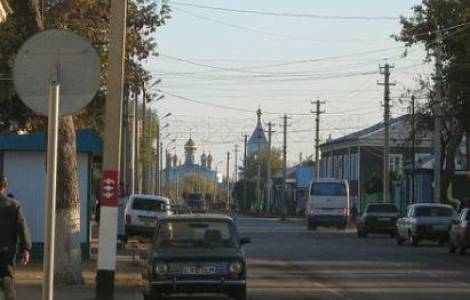The situation in Kazakhstan, after the popular uprising that began on January 5, has “normalized”, but “a veil of deep sadness” remains on the streets of Almaty, reported Fides News Agency. This is what Father Guido Trezzani reports. The Italian missionary lives and works in Talgar, near Almaty, and is director of the Catholic aid organization Caritas in Kazakhstan. He observes the missionaries: “Many of us have unpleasant feelings about what has happened in recent days in part of the population”, said the missionary. Apart from the criminals and murderers who have caused all this, there is the whole mass of ordinary people who have followed them: husbands, wives, grandparents, and children who went through the streets robbing stores and supermarkets with a smile on their face, like saying, ‘Why not? Everybody does it’. This has caused the rest of the population a lot of sadness and bitterness”.
For the last few days, people have been trying to return to a normal life “but there is still great tension. Some of the mothers involved in the Caritas Kazakhstan project for children with Down syndrome live in the worst affected areas and are still afraid to leave their homes”, said Father Trezzani, who added: “The news yesterday said that we will automatically pass from a war lockdown to a health lockdown: we are again in the red zone because it seems that the number of infections from Covid-19 has suddenly increased”.
This will almost certainly lead to the closure of schools and the return to online classes: “I have heard that many teachers are contacting families to ask if they have a connection and a computer. That would represent a big problem for us because our children are tired of not going to school”.
The so-called Ark Village, in fact, hosts about 70 children, orphans or children from vulnerable families, and around 30 children with physical or mental disabilities.
Already during the first lockdown in 2020, Fr. Trezzani told Fides about the difficulties associated with online teaching for these children: “If parents around the world have experienced the difficulties of distance learning with the closure of schools, for us these complications have multiplied due to the large number of school-age children. They all need technological aids, but computers and internet traffic are insufficient. We have waiting lists to give priority to those who have to do lessons and homework”.









